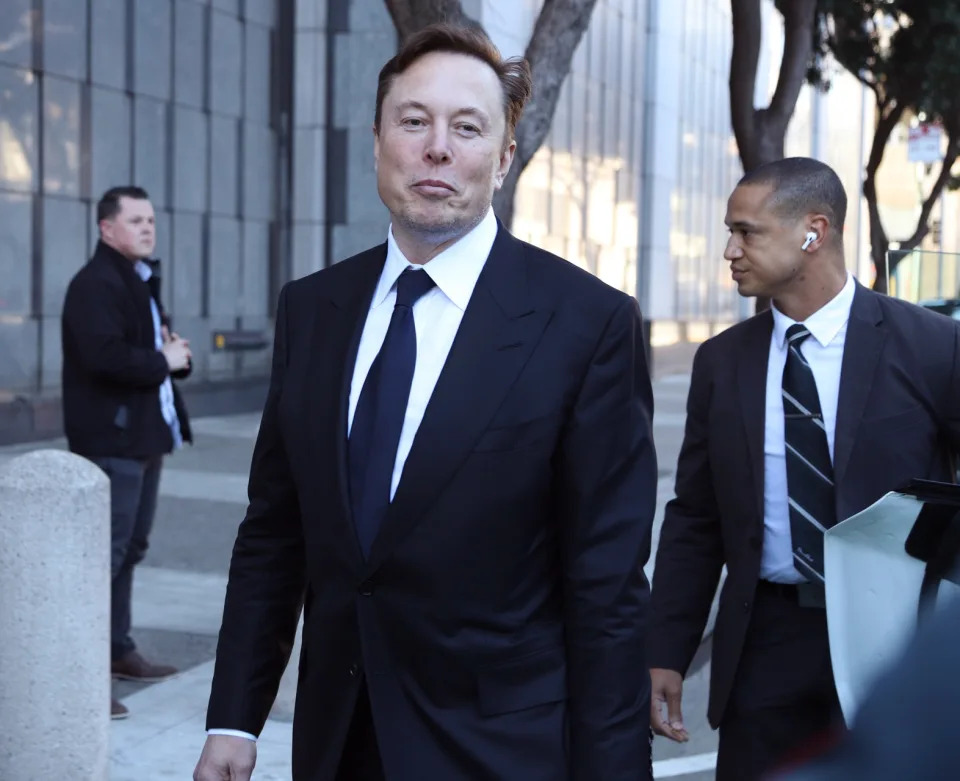The company Neuralink, owned by billionaire Elon Musk, announced Thursday that it received approval from the Food and Drug Administration (FDA) to conduct human studies of its brain implants.
The company previewed the FDA’s green light for the first human studies on its Twitter account.
“It represents an important first step that will one day allow our technology to help many people,” the company wrote.
Earlier in December, Musk had assured that Neuralink was ready to perform brain implants in humans within six months.
At the time, the tycoon noted that the FDA had expressed concern about the possible overheating of the implant (which includes micro-wires in the brain tissue), which could result in chemicals leaking from the implant into the brain mass.
The function of the implant will be to “read” brain activity in order to transmit commands that help restore some brain functions severely damaged after a stroke or amyotrophic lateral sclerosis, which result in severe impairment of the ability to communicate.
So far, brain implants have been developed in only one direction: from the brain to the outside (usually a computer that processes the signals), but Neuralink’s project aims to be able to transfer information in the other direction as well, to the brain.
Neuralink is developing two types of implants in parallel, one to restore vision “even in those who have never had it” and the other to restore basic bodily functions in people paralyzed by spinal cord damage.

